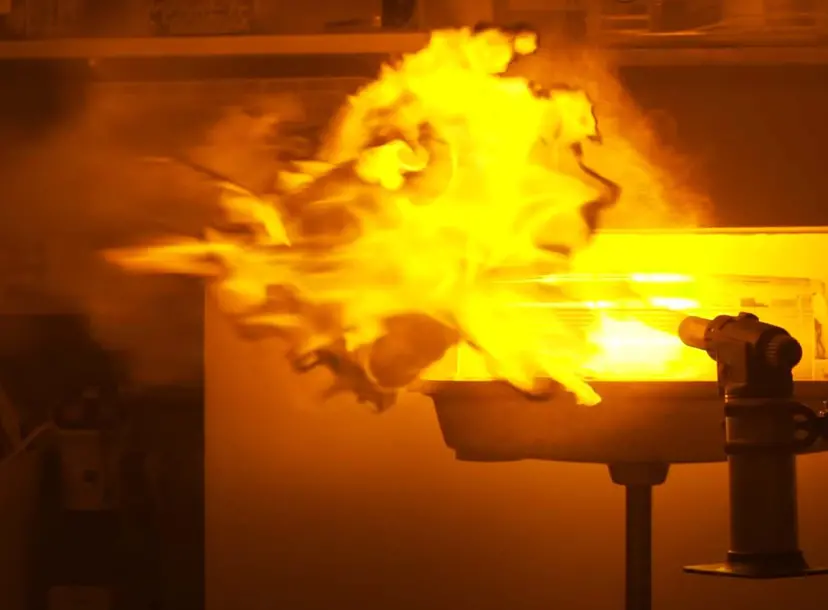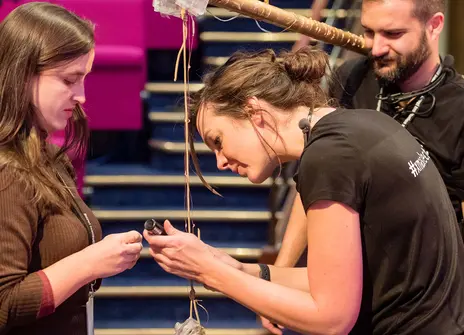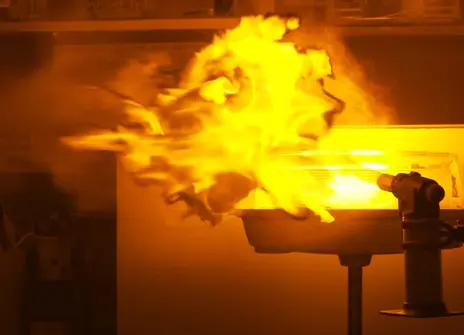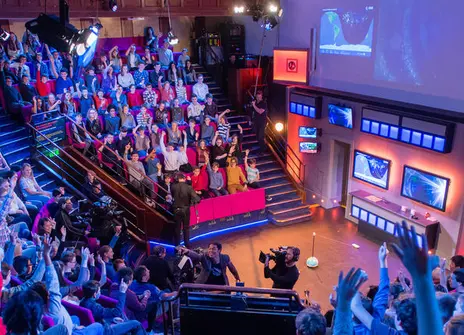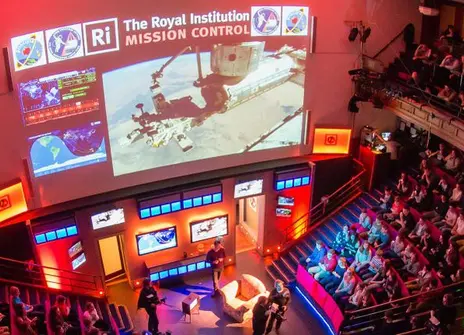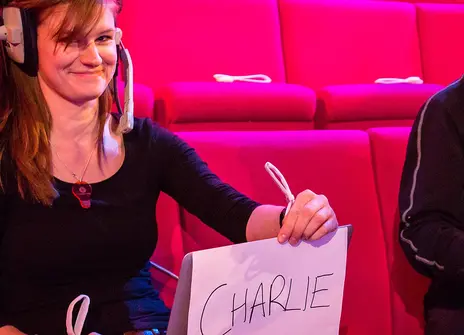The Ri is a special place. There’s no other way to describe it. And that’s not just because of its impressive 200 year history, or because of the Christmas Lectures which have been inspiring children for almost two centuries. It’s not even the fact that 15 Nobel prizes have been won by people here over the years (I got to hold one of them, so my academic life can only go downhill from this point).
What makes the Ri special are the people that work here. There’s an unbelievable passion for making science accessible to everyone in this building which fills you with optimism in an era of pay per view journals and super competitive research. I’m a huge believer that science should be for everyone, not just academics, and that was one of the reasons I applied for the role of Digital Intern in the first place.
If we’re being honest no one really likes scientific journal articles. They’re long, often badly written, un-engaging and frequently just dull. No one that isn’t working in the same field of research as me is going to read anything that I manage to publish from my PhD, and why would they.
In contrast around 330 million people use twitter and a staggering 1.8 billion people log into YouTube every month. The use of digital platforms like these is becoming an increasingly popular and effective way of communicating research to a hugely diverse audience and it’s a tool that scientists should embrace. But with so many people now waking up to this potential it can be hard to make yourself stand out.
Under the expert guidance of the digital team I’ve come away with a good idea of what makes good content and some ideas for getting my own work out there. My three takeaway points would be to find your audience, get the tone right and keep it interesting. It sounds simple but believe me, the work that the team put into creating content that satisfies those three things is phenomenal.
I’ve learnt a lot whilst I’ve been here, but I’ve also had the most fun helping out with everything the digital team does. I’ve written more tweets in the past three months than in the three years I’ve had my own account. From writing video plans, through to editing podcasts I’ve been kept occupied and entertained
A lot of the work that goes on here is meticulously planned out and organised, but some things are more spur of the moment. At one point we had a large pile of dry ice just sitting around, slowly melting (technically sublimating, but now’s not the time to get into that) as it was no longer needed. I was given a camera and told to film something interesting and with the help of the demo team had a great afternoon doing just that.
When you work in a building with people who are allowed to blow up and set fire to things as part of their job, you get to see some cool stuff, like making this video about dry ice.
One of my favourite parts of the internship was helping to film some of the lectures that happen regularly in the evenings. The range of speakers meant that there was always something new that I’d never heard of before. I actually ended up going to quite a few lectures in my free time when we weren’t filming because I’m a massive nerd and couldn’t get enough of it.
I saw talks on topics ranging from Alzheimers to outer space, robotics to ribosomes, but the highlight has to be Hannah Fry’s discourse on algorithms. She took an intimidating sounding topic and made it not only understandable but fun. Scicom at its best.
It’s communication like that, that engages adults and children alike and gets people to understand the importance of science in our lives, that every researcher, from postgrad to professor should aim for. The Ri and in particular the digital team do a brilliant job of this. Their YouTube channel makes sure that no matter where in the world you are you can see world class research presented by top scientists, or a short demo packed with science, all from the comfort of your sofa.
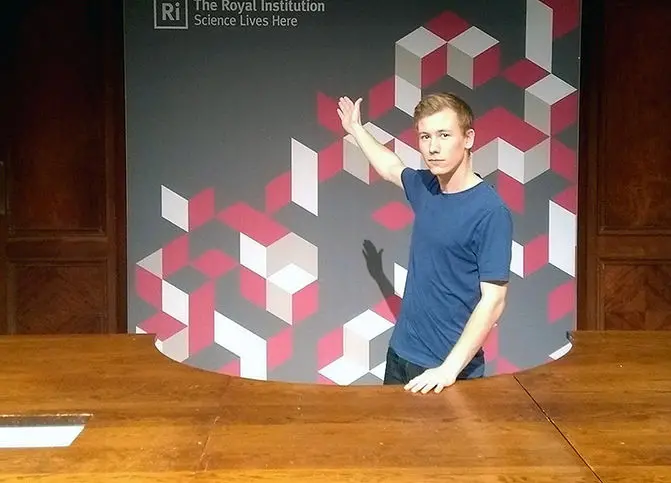
I couldn’t write something about my time at the Ri without mentioning the Christmas Lectures. Being part of the digital team means you’re not involved in any of the demo making or production of the lectures, so it’s slightly less insane than some of the other internships. But that doesn’t mean it’s not busy.
Whilst all the rehearsals go on downstairs, at the very top of the building the digital office is creating as much related content as possible and generating huge amounts of excitement for the lectures on social media. More people than ever can watch the lectures now thanks to the online archive and for the first time ever recordings were live streamed to sites across the country. It was a real privilege to be part of the buzz that surrounds the lectures and to see all the comments come in on social media from people who really value and love this Christmas tradition.
Overall I’ve loved my time here and will really miss being part of such an amazing and friendly team. I’ll try and take what I’ve learnt into my own research and see where that takes me. The way I see it I’ve got seven years to really get into SciCom before the Ri starts looking for someone to do their 200th anniversary Christmas Lectures. Just let me know guys, I’ll definitely be available.
